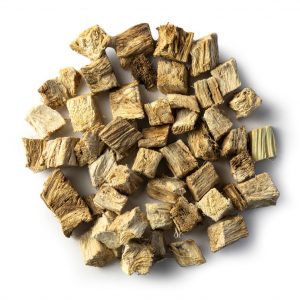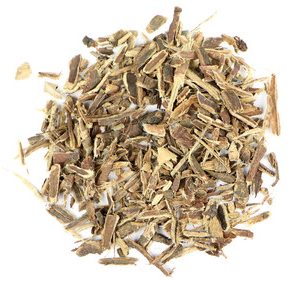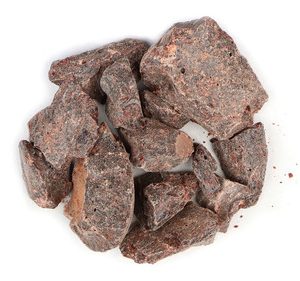Aesculus hippocastanum is a large flowering tree native to southeast Europe and now naturalized throughout Europe and North America. It is a popular cultivated tree and can often be found planted along sidewalks and in parks. The horse chestnut, or buckeye tree, produces large nuts which resemble that of the sweet chestnut but are not edible. Horse chestnuts are often used in infusions, extracts, and topical applications.
The horse chestnut tree grows 80 feet (25 meters) tall with leaves in clusters of 5 to 7 and white flower spikes growing at the ends of its branches. It belongs to the Hippocastanaceae family. The name of the tree has many stories associated with it, but no real consensus has been reached. When the tree was brought to Britain in 1616 from the Balkans, it was called horse chestnut because the Turks would feed the seeds to their ailing horses. The tree is chiefly grown nowadays for ornamental purposes, in towns and private gardens and in parks, and along streets. The horse chestnut plant is not related to the edible chestnut, which is actually part of the oak family. Horse chestnut is relatively new to the U.S. herbal products market. Currently, it is the third bestselling herbal product in Germany behind ginkgo and St. John’s wort.
The whole nut is preferable over the leaf and bark when it is to be used for external applications. The whole nuts are poisonous and are only to be used for external application, unless by a qualified practitioner.





